 Indie developers who lack adequate funding may compromise on quality, scope, or even abandon their project altogether, losing out on creating something both artistically fulfilling and commercially successful. In addition to supporting game development on a practical level, funding allows for a broader vision and execution of creative ideas.
Indie developers who lack adequate funding may compromise on quality, scope, or even abandon their project altogether, losing out on creating something both artistically fulfilling and commercially successful. In addition to supporting game development on a practical level, funding allows for a broader vision and execution of creative ideas.
Why Funding is so Important:
Here are some reasons why funding is so important for independent game developers:
•Development Costs
•Team Expansion
•Time and Sustainability
•Quality Assurance and Testing
•Marketing and Promotion
•Licensing and Legal Costs
•Platform Fees and Distribution
•Risk Mitigation
•Post-Launch Support
•Creative Freedom and Scope
The Best Funding Options:
Here are some of the best funding options for independent game developers (Indie Devs):
•Platforms like Kickstarter and Indiegogo allow developers to raise money directly from future players by offering rewards for pledges. This can also help validate the game concept with a pre-existing audience.
•Patreon offers a subscription-based model where supporters pay monthly in exchange for access to exclusive content or updates, which can fund the development over time.
 Best Funding Options for Indipendent Game Developers, Crowdfunding, Image via: finsmes.com |
•Using personal savings or income from freelance work or other jobs to fund the development. This maintains creative control but can be risky if the game does not succeed.
 Best Funding Options for Indipendent Game Developers, Self-Funding, Image via: beamable.com |
•Partnering with indie-friendly publishers like Devolver Digital, tinyBuild, or Curve Games can provide not only funding but also marketing, distribution, and sometimes creative support. These publishers often take a share of the profits or ownership in return for their investment.
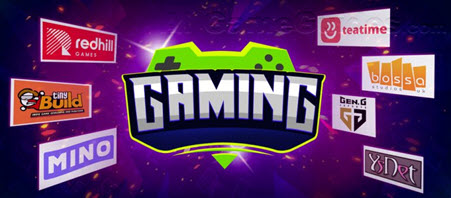 Best Funding Options for Indipendent Game Developers, Publisher Funding, Image via: logicsimplified.com |
•Angel Investors or Venture Capitalists might invest in your project, often in exchange for equity. Indie Fund, for instance, is specifically aimed at indie game developers and offers a mix of funding and mentorship.
•Equity Crowdfunding on platforms like Fig allows investors to buy into the game's success directly.
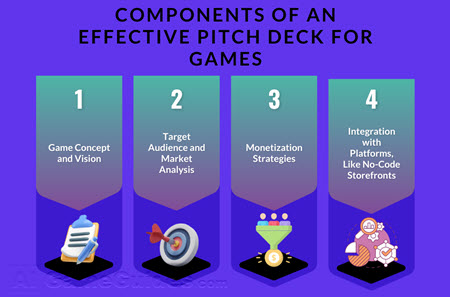 Best Funding Options for Indipendent Game Developers, Investor Funding, Image via: fungies.io |
•Various countries offer grants for game development. For example, in the UK, there's the UK Games Fund and Video Games Tax Relief, while in Canada, there are numerous provincial and federal grants available.
•Organizations like the IndieCade Foundation or Creative Europe support game development through grants aimed at creative projects.
 Best Funding Options for Indipendent Game Developers, Grants and Subsidies, Image via: ninichimusic.com |
•Programs like the NYU Game Center Incubator in the US or Creative England's initiatives in the UK provide not just funding but also mentorship, networking, and business support.
 Best Funding Options for Indipendent Game Developers, Incubator Programs, Image via: marquette.edu |
7. Decentralized Autonomous Organizations (DAOs): 
•Gaming-focused DAOs can fund projects that align with their interests. An example is Yield Guild Games (YGG) for Web3 gaming projects.
 Best Funding Options for Indipendent Game Developers, |
•These programs offer funding alongside intensive mentorship to help scale projects quickly. The European Video Game Acceleration program by SpielFabrique is one such initiative.
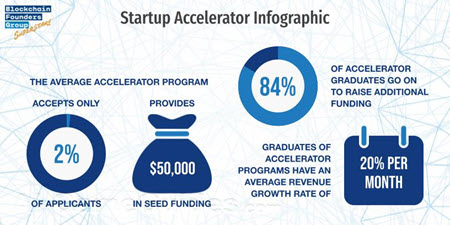 Best Funding Options for Indipendent Game Developers, Accelerator Programs, Image via: blockchain-founders.io |
9. Revenue Sharing on Platforms: 
•Some platforms offer revenue sharing models where developers can earn from user-generated content or in-game purchases, which can help fund further development.
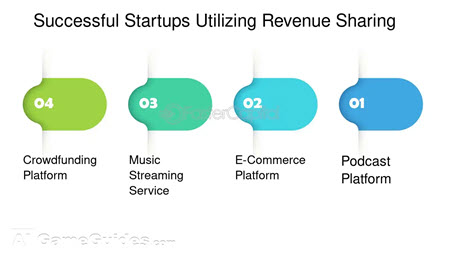 Best Funding Options for Indipendent Game Developers, Revenue Sharing on Platforms, |
10. Loans: 
•While less common due to the high risk, some developers might opt for loans, particularly if they have a solid business plan or initial success with a game. This method requires careful financial planning to manage repayment.
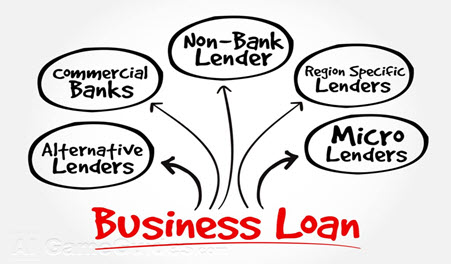 Best Funding Options for Indipendent Game Developers, Loans, Image via: rapidfinance.com |
Note: Each of these funding options has its pros and cons, including aspects like control over the project, financial risk, and the level of support beyond just funding. Indie developers should consider which combination best fits their project's needs, goals, and current stage of development. |
